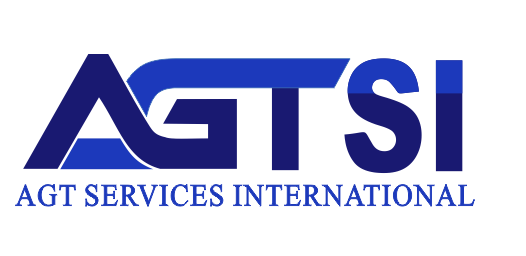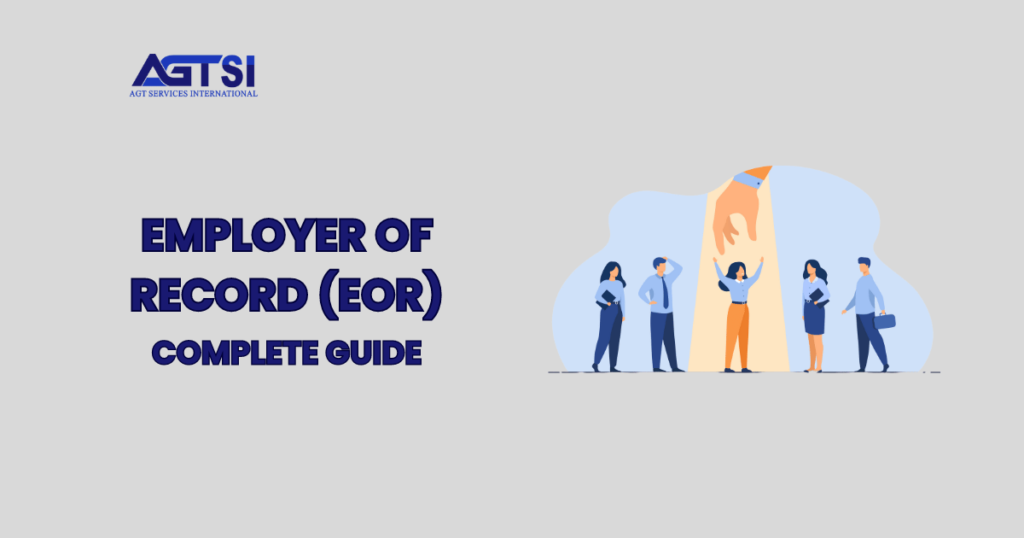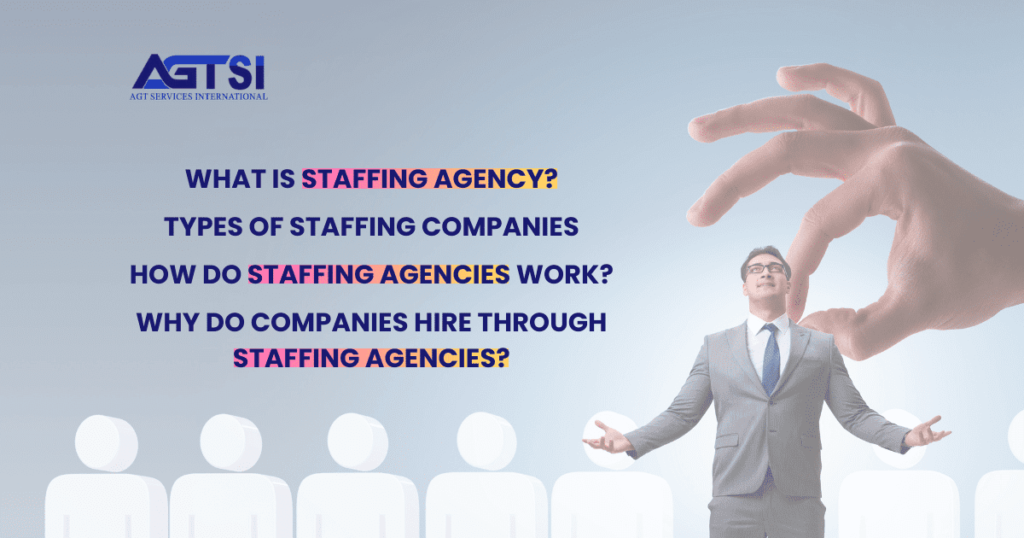Employer of Record (EOR) has become a key player in the domain of global business expansion. Understanding its complexities and benefits can seriously impact a company’s competitive edge. In this complete guide, we delve into the complexities of EORs based on insights gathered from various sources and industry experts.
What is the Employer of Record?
An Employer of Record (EOR) is a third-party organization that takes on the responsibility of employing workers on behalf of another business. This means that the EOR becomes the legal employer of the workforce, handling tasks such as compliance with employment laws, payroll management, taxes, benefits administration, and other HR-related responsibilities.
The business that engages an EOR maintains control over day-to-day operations and tasks related to the work itself. At the same time, the EOR manages the administrative and legal aspects of employment. EORs are particularly beneficial for companies expanding globally or hiring workers in different areas, as they help navigate complex employment regulations and ensure compliance while allowing businesses to focus on their core operations.
Key Functions and Responsibilities of an EOR
An EOR shoulders a group of tasks, ensuring compliance, smooth onboarding, efficient payroll management, and complete benefits administration. Let’s break down these functions to grasp the vital role played by an EOR.
1. Compliance with Local Employment Laws
An Employer of Record (EOR) plays a crucial role in ensuring compliance with local employment laws and regulations. EOR involves understanding and guiding the legal frameworks specific to each country or region where they operate. EORs are responsible for sticking to fair hiring practices, drafting legally compliant employment contracts, managing payroll and tax compliance, administering employee benefits, handling terminations according to legal procedures, and resolving disputes in line with local labor laws.
This complete approach ensures that all aspects of employment, from recruitment to offboarding, meet legal standards and regulations, providing both employees and client companies with a legally sound working environment.
2. Efficient Onboarding Process
An Employer of Record (EOR) significantly improves the onboarding process for new hires by handling employment agreements and establishing essential protocols. This means they take care of all the paperwork, legalities, and administrative tasks involved in bringing a new employee on board. By doing so, the EOR ensures a seamless transition for the new hire into the company, saving time and effort for both the employee and the employer.
3. International Payroll Management
International payroll management is a complex task that requires meticulous attention to detail due to varying tax regulations and currency conversions. An Employer of Record (EOR) specializes in handling payroll across international borders, alleviating the burden from businesses.
They ensure that employees receive timely and accurate payments while complying with tax laws specific to each jurisdiction. This comprehensive approach to payroll management by an EOR facilitates smooth operations for global businesses, allowing them to focus on their core activities without worrying about payroll complexities.
4. Comprehensive Benefits Administration
A comprehensive benefits administration is essential for attracting and retaining top talent within an organization. This includes providing competitive benefits such as health insurance, time-off policies, parental leave, and other employee perks. An Employer of Record (EOR) takes on the responsibility of managing these benefits, ensuring that employees receive the necessary support and incentives, which in turn contributes to higher employee satisfaction and engagement levels. This aspect of an EOR’s role is critical in building a positive work environment and enhancing overall employee well-being.
5. Contract Terminations and Offboarding
Contract terminations and offboarding are managed comprehensively by an Employer of Record (EOR). This entails handling all aspects of the offboarding process, including paperwork, compliance requirements, and ensuring a respectful exit for the departing employee. The EOR takes care of legal formalities, such as terminating contracts in accordance with local laws, processing final payments, and addressing any post-employment obligations.
This systematic approach ensures a smooth and professional transition for both the company and the departing employee, minimizing potential issues and maintaining a positive employer-employee relationship.
Advantages of Partnering with an EOR
Partnering with an Employer of Record (EOR) offers several advantages that go beyond just operational efficiency. These benefits make EORs a crucial asset for global businesses looking to expand their operations seamlessly. EORs not only streamline administrative tasks like compliance, payroll, and benefits but also provide expertise in navigating complex global employment laws and regulations.
Additionally, EORs facilitate quicker market entry, cost savings compared to setting up legal entities in multiple countries, and access to a wider pool of global talent. Overall, the advantages of partnering with an EOR make it an invaluable choice for businesses aiming for global growth and compliance.
1. Streamlined People Operations Compliance
Streamlining people operations compliance through an Employer of Record (EOR) involves delegating HR functions to a specialized entity. This strategic move not only saves companies valuable time and resources but also enables them to concentrate on essential business activities. Additionally, partnering with an EOR ensures that all aspects of employment comply with local labor laws and regulations, reducing the risk of legal complications and ensuring a smooth operational workflow.
2. Flexibility in Staffing
Employers of Record (EORs) provide companies with flexibility in staffing by enabling the hiring of international contractors on a project basis. This flexibility allows businesses to scale their workforce as needed without the complexities associated with setting up legal entities in different countries.
EORs streamline the process of engaging international talent for specific projects or temporary roles, offering a cost-effective and efficient solution for workforce management across borders.
3. Cost Savings and Operational Efficiency
Partnering with an Employer of Record (EOR) offers significant cost savings and operational efficiency, particularly when contrasted with the expenses involved in setting up legal entities across various countries. This approach helps businesses avoid the complexities and financial burdens associated with establishing and maintaining separate entities in multiple jurisdictions.
Instead, by leveraging the services of an EOR, companies can achieve greater cost-effectiveness and streamline their operations, focusing resources on core business activities rather than administrative and legal complexities.
4. Faster Expansion into New Markets
An Employer of Record (EOR) accelerates the expansion into new markets by providing companies with the agility and resources needed to navigate global landscapes swiftly. By partnering with an EOR, businesses gain access to international talent pools, allowing them to tap into diverse skill sets and explore growth opportunities seamlessly.
This agility is essential for companies looking to expand their operations globally without the complexities typically associated with establishing a presence in new markets from scratch.
5. Enhanced Diversity and Inclusion
Utilizing an Employer of Record (EOR) to build a global team can significantly enhance diversity and inclusion within the company. This approach fosters a workplace culture that values different perspectives, backgrounds, and experiences, contributing to a more innovative and collaborative environment. By using the services of an EOR to hire talent from diverse geographical locations, businesses can create a workforce that reflects a wide range of ideas and insights, ultimately leading to better decision-making and overall growth.
6. Choosing the Right Employer of Record (EOR)
When selecting an Employer of Record (EOR), focus on key factors for the best fit. Check if they cover the countries you need, handle legal compliance, payroll, benefits, and support contract endings. Look for clear pricing, responsive support, and user-friendly technology. Research their reputation and experience to ensure they meet your business needs effectively. Choosing the right EOR partner ensures smooth operations and legal compliance for your global workforce.
7. Global Coverage and Expertise
When considering an Employer of Record (EOR), it’s essential to prioritize global coverage and expertise. This means ensuring that the EOR has a presence in the countries where your business operates or intends to expand. Having a local presence allows the EOR to have in-depth knowledge and expertise in the specific labor laws and regulations of each country.
This is crucial for ensuring compliance and seamless operations, as the EOR can navigate the complexities of local employment requirements efficiently. With global coverage and expertise, the EOR can provide valuable support and guidance tailored to each market, ultimately contributing to the success of your international operations.
8. Comprehensive Support and Services
When considering an Employer of Record (EOR), it’s essential to seek one that provides comprehensive support and services throughout the employment journey. This includes not only the initial onboarding process but also extends to offboarding when an employee leaves the company. A reliable EOR should offer a user-friendly platform that facilitates the efficient management of various HR tasks, making it easier for businesses to handle administrative responsibilities related to their workforce.
9. Transparent Pricing and Cost Structure
Transparent pricing and a clear cost structure are fundamental elements that businesses should prioritize when engaging with an Employer of Record (EOR). This entails having a comprehensive understanding of the fees involved and how they are structured, which helps in effective budgeting and prevents unexpected expenses.
With transparent pricing, companies can make informed decisions regarding their workforce management costs, ensuring financial stability and accountability in their operations.
10. Client Testimonials and Reputation
Client testimonials and reputation are key factors to consider when evaluating an Employer of Record (EOR). It’s essential to seek feedback from existing clients to understand their experiences and satisfaction levels with the EOR’s services. Positive testimonials serve as endorsements of the EOR’s reliability, professionalism, and ability to deliver on their promises. Additionally, assessing the EOR’s reputation in the industry provides insights into their track record, trustworthiness, and overall standing among peers and competitors. This information helps in making informed decisions about partnering with an EOR that aligns with your business needs and expectations.
Final Thoughts: Embracing the Potential of Employer of Record (EOR)
In conclusion, partnering with an Employer of Record (EOR) can be a game-changer for companies aiming for global expansion and efficient workforce management. By leveraging the expertise of an EOR, businesses can navigate complex legal landscapes, streamline HR operations, and unlock new opportunities in international markets.



















